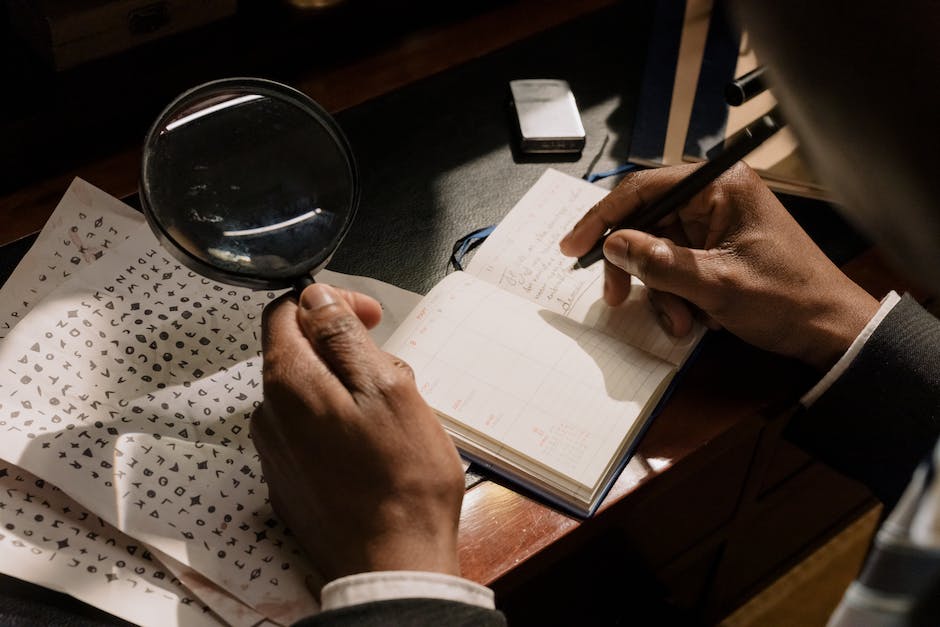Discover the Perfect Match: Unveiling the Chemistry Behind Compatibility

When it comes to relationships, two terms often come up: chemistry and compatibility. While they may seem similar, they are fundamentally different concepts that play crucial roles in determining the success of a relationship. This article will delve into the intricacies of chemistry vs compatibility, providing insights into how they influence our relationships.
Understanding Chemistry
Chemistry is the initial spark that ignites a relationship. It’s the magnetic pull that draws two people together, often characterized by intense emotions, physical attraction, and a sense of excitement. Chemistry is what makes your heart race when you see your partner, the butterflies in your stomach, and the desire to spend every waking moment with them.
However, chemistry alone is not enough to sustain a relationship in the long run. It’s like the kindling that starts a fire, but without more substantial fuel (compatibility), the fire will eventually burn out.
Defining Compatibility
Compatibility, on the other hand, is the glue that holds a relationship together over time. It’s about sharing common values, goals, and interests. It’s about understanding and accepting each other’s flaws and differences. Compatibility is what makes a relationship feel easy and comfortable. It’s the deep connection that develops as you get to know each other better.
While compatibility may not be as exciting or passionate as chemistry, it is essential for a healthy, long-term relationship. Without compatibility, a relationship based solely on chemistry can become volatile and unstable.
Chemistry vs Compatibility: The Balancing Act
So, which is more important in a relationship, chemistry or compatibility? The answer is both. A successful relationship requires a balance of both chemistry and compatibility. Too much chemistry without compatibility can lead to a passionate but short-lived relationship. On the other hand, compatibility without chemistry can result in a relationship that feels more like a friendship than a romantic partnership.
Case Study: The Importance of Balance
Consider the case of John and Jane. They had an intense chemistry from the moment they met. They were physically attracted to each other and shared a strong emotional connection. However, as time went on, they realized they had very different values and goals in life. Despite their strong chemistry, their relationship eventually fell apart due to their lack of compatibility.
On the other hand, there’s the case of Mary and Mark. They shared common interests and values, and their relationship was comfortable and easy. However, they lacked the spark and passion that comes with chemistry. Over time, their relationship felt more like a friendship, and they eventually decided to part ways.
Statistics: The Role of Chemistry and Compatibility in Successful Relationships
According to a study conducted by the Pew Research Center, 64% of people in a successful relationship say having shared interests is very important, and 61% say satisfying sexual relationship is very important. This highlights the importance of both compatibility (shared interests) and chemistry (satisfying sexual relationship) in a successful relationship.
Conclusion: Striking the Right Balance
In conclusion, both chemistry and compatibility are essential in a relationship. While chemistry provides the spark and passion, compatibility provides the stability and understanding. Striking the right balance between these two elements can lead to a fulfilling and long-lasting relationship.
Remember, it’s not about choosing chemistry vs compatibility. It’s about understanding the role of each and finding the right balance in your relationship.



